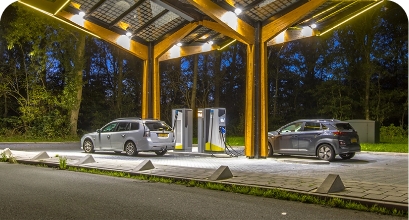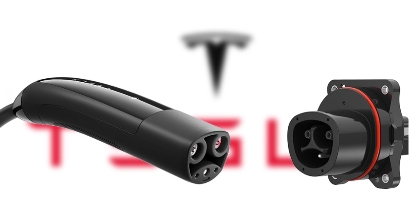.jpg)
The rise of micromobility devices, particularly electric scooters (eScooters), holds the promise of addressing urban transport challenges, including poor air quality caused by increased congestion.
However, despite their potential benefits, eScooters currently face legal restrictions on UK roads and pavements.
Legal Landscape
The legal status of eScooters in the UK is nuanced. While it is legal to buy or sell an escooter as a battery-powered personal transport device, riding it on public roads, pavements, or cycle lanes is against the law. Offenders could face a £300 fine and six points on their driving licence. The only legal usage is on private land with the landowner's permission.
The Electric Scooter Trials and Traffic Signs (Coronavirus) Regulations and General Directions 2020 provide the legal framework for escooter trials, exempting trial participants from specific Road Traffic Act 1988 requirements. However, privately owned eScooters remain prohibited on public roads, pavements, or cycle lanes.
Policy Divergence
The debate surrounding eScooters revolves around their perceived benefits and challenges. Advocates highlight their potential to reduce pollution and congestion, while critics raise concerns about safety and potential negative impacts on active travel and green transport.
Key issues impacting delay in ban revoke judgement
Journey Replacement:
The impact of eScooters on other modes of transportation is a contentious issue. While they could alleviate congestion and improve air quality, there are concerns that eScooters might replace walking, cycling, or the use of public transport, negating potential health and congestion benefits.
Climate Change Considerations:
Proponents argue that eScooters can contribute to reducing carbon emissions by discouraging car use. However, studies question the environmental impact, citing the short lifespan of eScooters and potential minimal carbon savings.
Safety Concerns:
Stakeholders express worries about the physical robustness of micromobility devices, user skills, interactions with other road users, and liability in accidents. The safety debate underscores the need for stringent regulations.
Regulatory Delay Criticism:
Criticism has arisen over the delay in implementing new laws on eScooters, with accusations of missed opportunities to enhance safety regulations. The government's decision to extend existing trials until May 2026 has raised concerns among firms and campaigners, who argue that the UK is lagging behind its global counterparts in addressing the lack of regulation.
Concerns and Calls for Action:
Safety Standards:
Collaborative Mobility UK (CoMoUK) emphasises the importance of new laws to ensure both rental and privately owned eScooters adhere to high safety standards. An estimated 750,000 privately owned eScooters, currently unregulated, highlight the urgency of robust safety measures.
Market Growth and Investment:
Companies, such as Dott, providing rental eScooters express concerns that the delay hampers long-term investments in the UK. The lack of policy clarity affects market growth and inhibits the realisation of potential benefits.
Vulnerable Pedestrians:
Organizations like Guide Dogs stress the need for regulations to address the impact of anti-social escooter use, especially concerning pedestrians with sight loss. Mandatory docked parking, weight controls, and strict enforcement are proposed to enhance safety.
Conclusion:
The delayed legislation on eScooters in the UK has sparked criticism, with stakeholders emphasising the need for robust regulations to ensure safety, accountability, and market growth. Striking a balance between encouraging micromobility for sustainable urban transport and addressing safety concerns remains a complex challenge that requires comprehensive and timely regulatory frameworks. As the debate continues, the UK stands at a crucial crossroads, deciding the future trajectory of eScooters in its transportation landscape.

.jpg)
.jpg)
.jpg)















